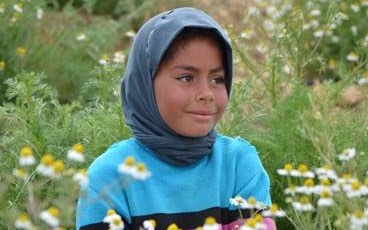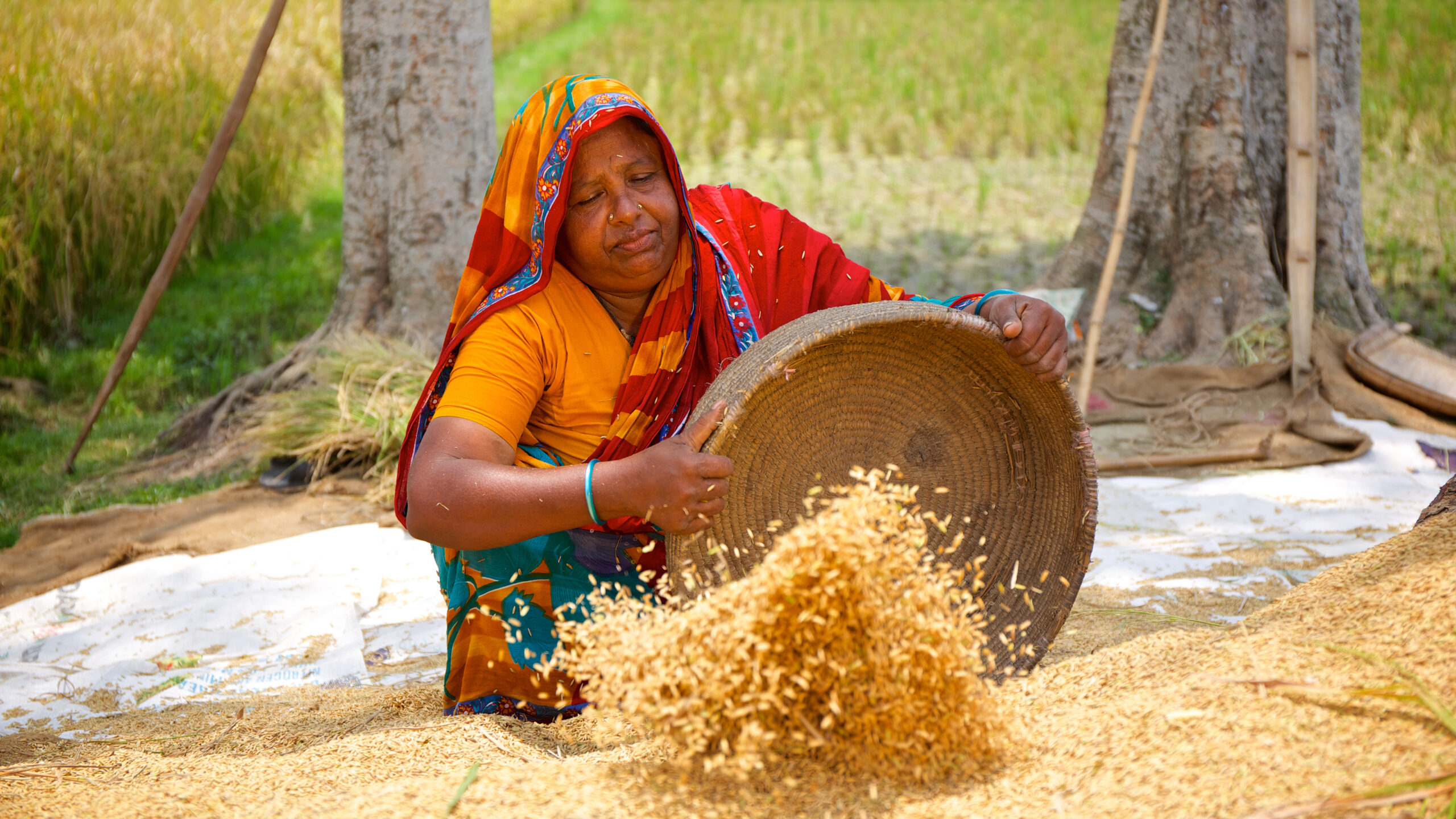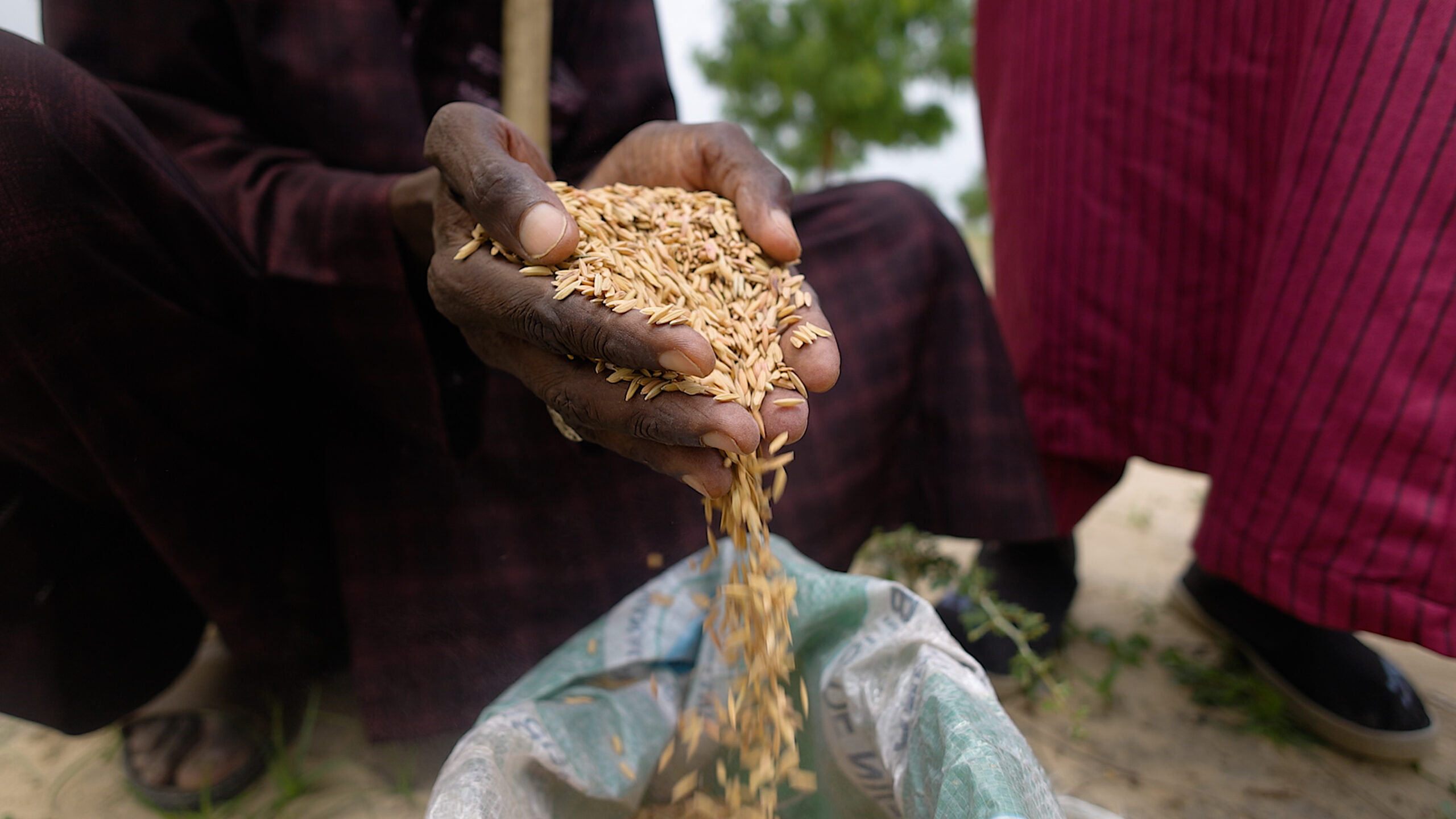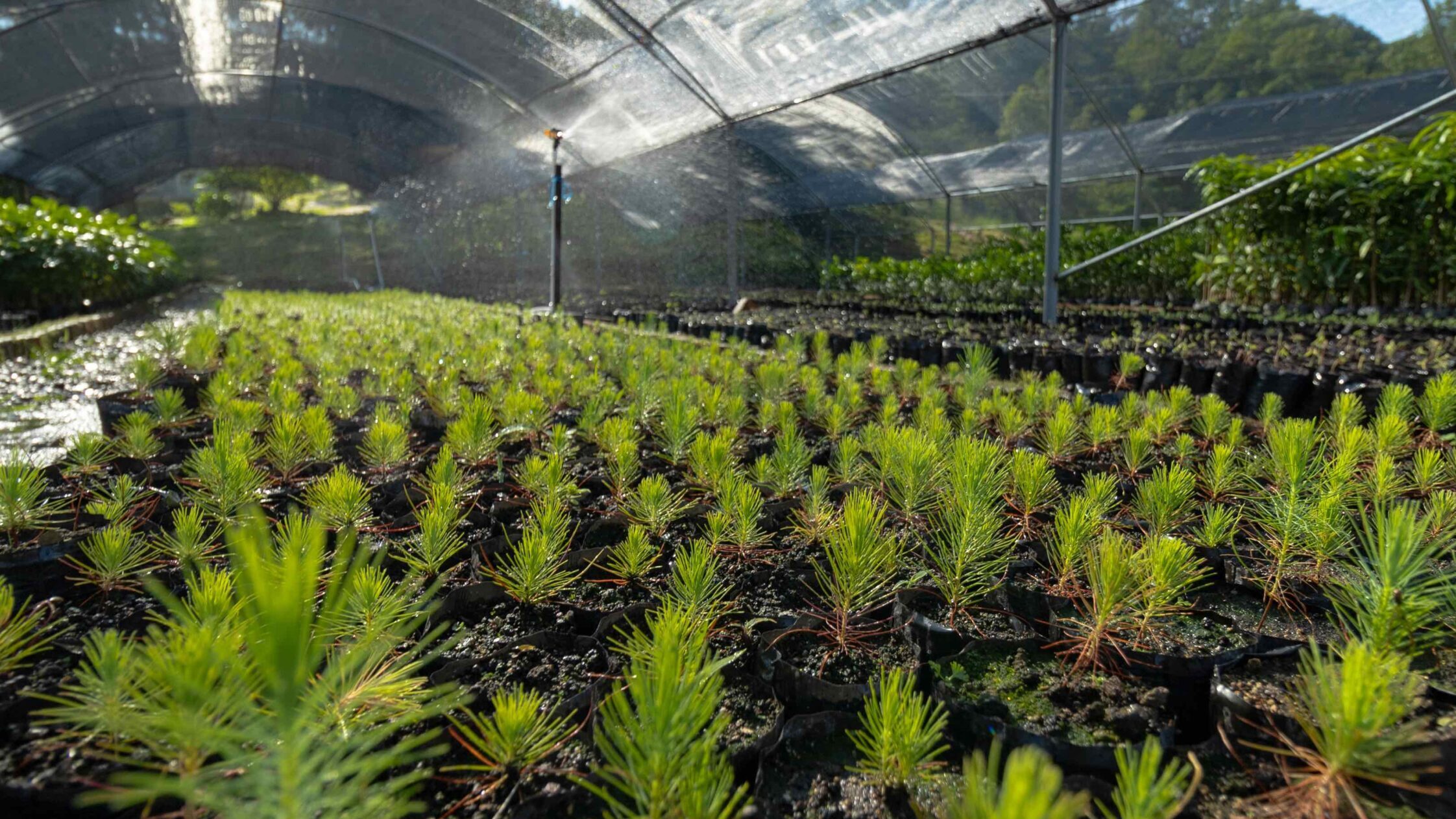Prioritization of rural investments is crucial for ensuring inclusive growth, sustainable development, and food security. The (Arab) Agricultural Investment for Development Analyzer (AIDA) is an economic planning tool that will help governments and analysts in the design of evidence-based agricultural investment plans.
AIDA is a three-year project (2017-2020) funded by the International Fund for Agricultural Development (IFAD), with co-financing from the CGIAR Research Program on Policies, Institutions, and Markets (PIM), and implemented by IFPRI and its partners with a focus on Egypt, Jordan, Lebanon and Tunisia. This project builds on the previous IFAD-IFPRI-CGIAR-PIM project Decreasing Vulnerability to Conflict in Arab Countries through Rural Development.
Among the key challenges facing governments in countries at different stages of development are determining how to allocate public spending across different sectors and locations, and formulating effective policy interventions. The AIDA toolkit is built to assist governments in meeting this planning challenge. It maps out a comprehensive planning approach with three main elements: An investment and policy analysis module, the AIDA offline Computable General Equilibrium (CGE) model, and the AIDA online model. Thus, AIDA integrates both analysis of agriculture investments and policies with CGE economy-wide modeling evaluating the impact of agricultural spending on growth, job creation, and household poverty.
AIDA also aims to promote evidence-based policy making. One of the project’s major innovations is a web-based tool that facilitates the use of CGE models in formulating policy without the need for sophisticated knowledge of modeling software. The project also seeks to strengthen the community of practice by providing training workshops and online tutorials on how to use and update AIDA tool.
IFPRI and IFAD conducted a series of country focus group workshops in Tunis, Amman and Beirut presenting the AIDA project to key stakeholders from governments, research institutions, and development organizations. The workshops also provided an opportunity to receive feedback from local experts, especially on country-specific needs and characteristics.
AIDA Tunisia workshop participants emphasized the project’s importance providing evidence on the impact of agricultural investments on economic development. In fact, the agriculture sector in Tunisia has high growth potential, with an average GDP contribution of 10 percent of over the past decade. The AIDA project analytical tools can help in improving the allocation of public investments by evaluating divergent effects in different regions within Tunisia.
In Jordan, unlike most other MENA countries, the agriculture sector went through a substantial transformation from staple crops to export-oriented high value crops in recent decades. However, regional instability has reduced agricultural exports in recent years, causing significant losses to farm businesses. AIDA modeling can be very useful for estimating the likely impacts of different policy interventions on agriculture productivity, job creation, and food security in Jordan. AIDA Jordan workshop participants agreed that the project has a promising potential for supporting rural policies and investments that improve the livelihoods of small and medium farm holders.
Agriculture in Lebanon is blessed by favorable natural conditions that allow for growing a wide variety of crops. AIDA Lebanon workshop participants agreed that the AIDA toolkit can help in making the case for increasing public investments in the agriculture sector, given that the share of agriculture in the national budget was less than 1 percent in 2017/18. Using CGE modelling, the AIDA tool can simulate several policy scenarios that take into consideration the peculiarities of the Lebanese economy.
The IFPRI team also conducted bilateral meetings with key stakeholders from ministries and other government institutions in the four target countries. In Egypt, team members met with senior officials at the Ministry of Agriculture and Land Reclamation, the Agriculture Research Center, the Central Agency for Mobilization and Statistics, and the Ministry of Planning, Monitoring and Administrative Reform. In all meetings, AIDA initiative was welcomed, especially given its potential for informing the development of Egypt’s Economic Plan for 2018-2022 and agricultural policy planning.
IFPRI is keen on providing world-class expertise and strengthening the capacity of local partners in the four AIDA countries. As a next step, IFPRI will collaborate with government entities and local partners on the technical and administrative levels. An upcoming mid-term workshop will bring together participants from all member countries to showcase preliminary AIDA tool applications and provide capacity building on the use of AIDA.
Mai Mahmoud is a Senior Research Assistant with IFPRI’s Egypt Office. This post first appeared on the Arab Food and Nutrition Security blog.







